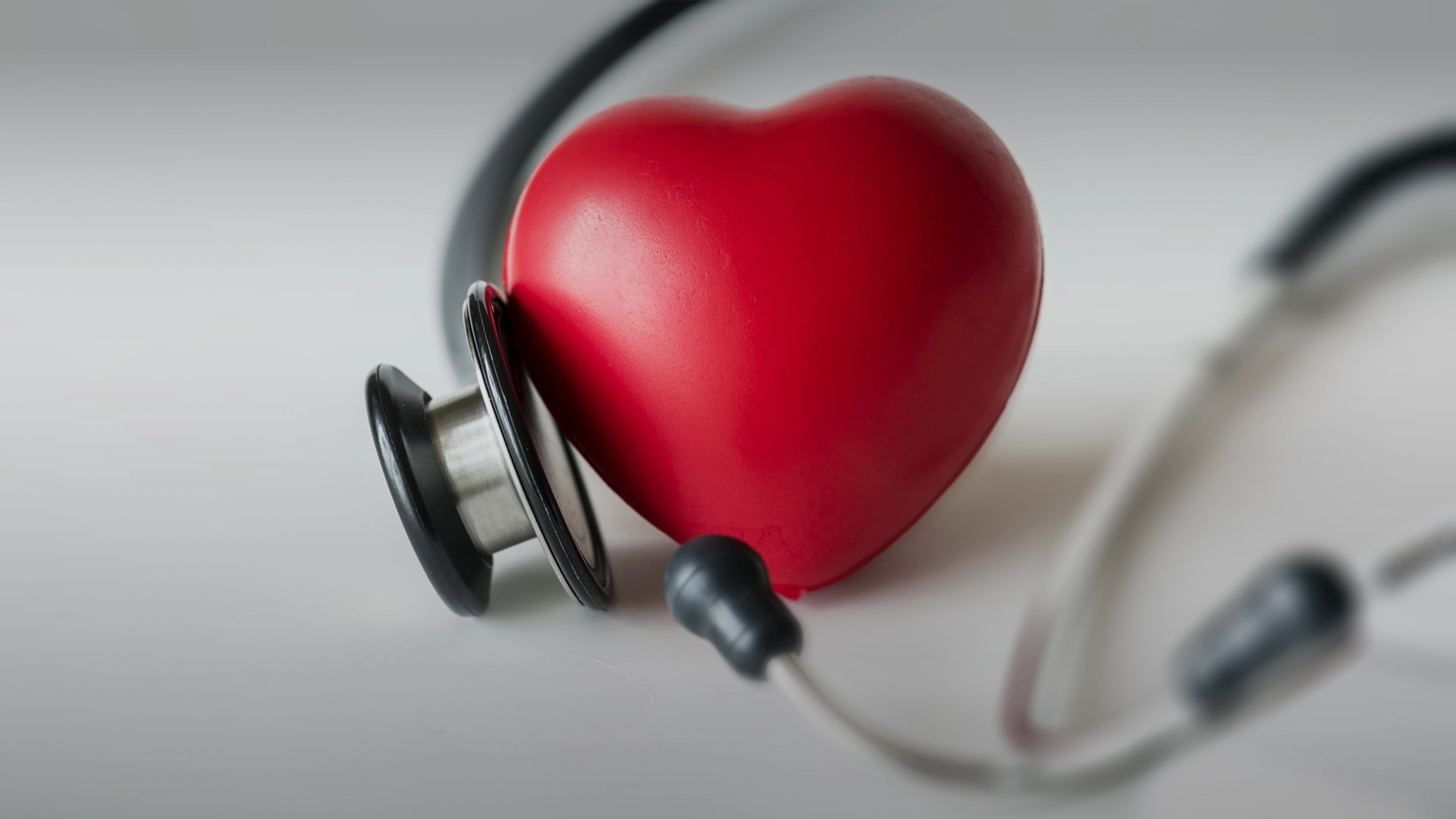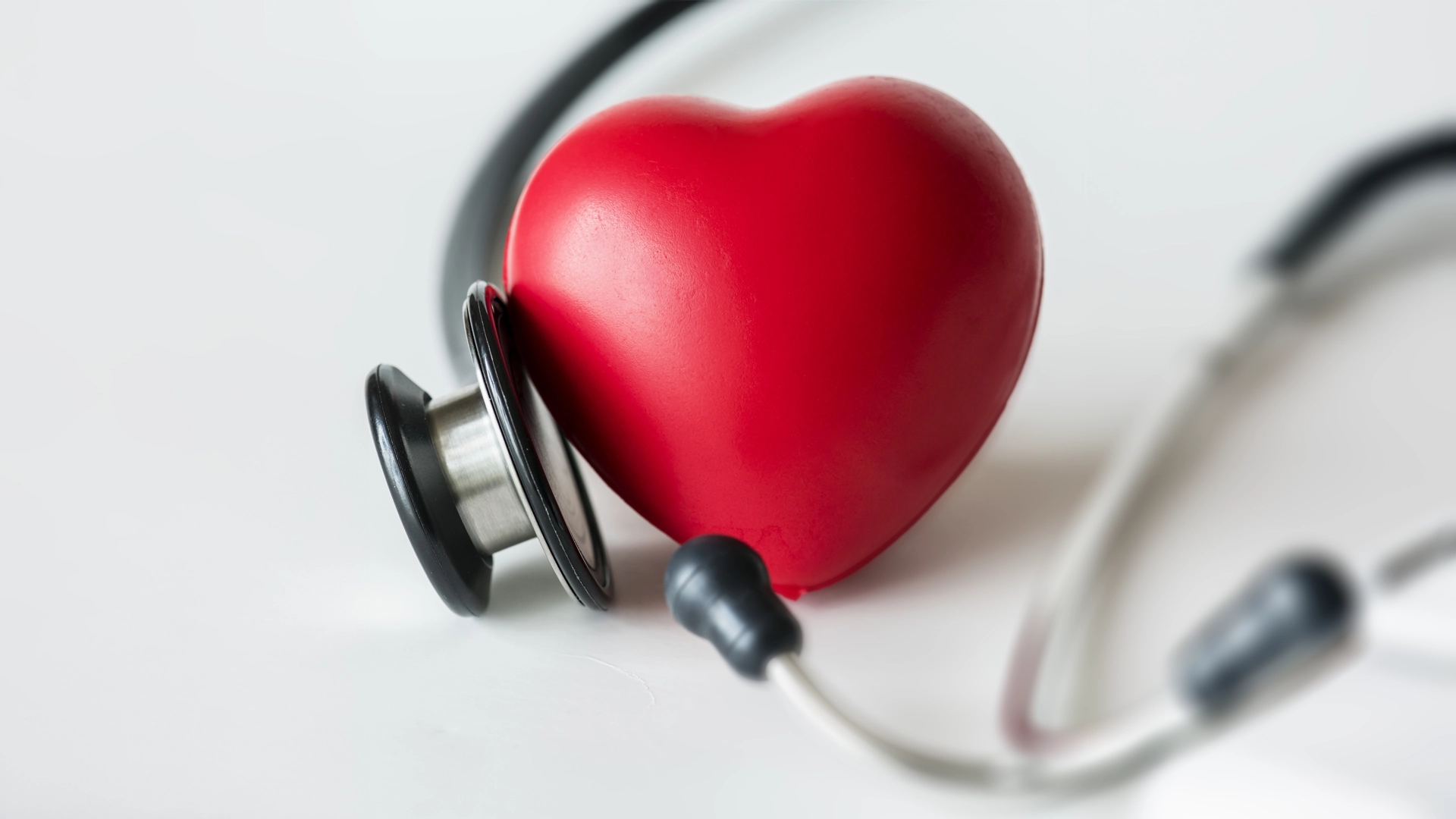Cardiovascular devices are used for the diagnosis of heart diseases and treatment of related health problems. The cardiovascular devices market is segmented into diagnostic and monitoring devices and therapeutic and surgical devices. The diagnostic and monitoring heart disease devices segment includes devices like electrocardiogram (ECG), remote cardiac monitoring. The therapeutic and surgical devices segment includes cardiac assist devices, cardiac rhythm management devices (e.g. defibrillator), catheters, grafts, heart valves, stents, and other therapeutic and surgical devices.
CARDIOVASCULAR DEVICES MARKET
The COVID-19 pandemic impacted the production of cardiovascular devices and cardiovascular device development in 2020 and many medical device companies have experienced losses in their cardiovascular devices business due to the pandemic.
While some cardiovascular procedures are considered urgent, others have been postponed and delayed since the beginning of the global pandemic. Hence, lifestyle changes and medication can be temporarily prescribed instead of cardiovascular procedures for some patients. Another factor negatively impacting the market is the reduction in the diagnosis of cardiovascular diseases due to healthcare resources being reserved for COVID-19 patients.
However, there are several drivers that are expected to boost the market over the next few years. The cardiovascular devices market was valued at about USD 49.90 billion in 2018, and it is expected to reach USD 82.20 billion by 2026 (source: https://www.fortunebusinessinsights.com/cardiovascular-devices-market-102418).
This is because of the increasing cases of heart diseases such as coronary artery disease, heart failure, congenital heart disease, heart attack, cardiomyopathy, and others. The World Health Organisation reported that in 2019 CVD (Cardiovascular disease) is responsible for approximately 31% of all deaths globally, and expects this figure to rise, especially due to the increasing geriatric population.
KEY CARDIOVASCULAR DEVICE TRENDS
The technological advancement over the past decade has been heavily affecting the cardiovascular devices market and defining the trends which should make for a Compound annual growth rate (CAGR) of 6,4% between 2019 and 2026, according to Fortune Business Insights.
Let’s take a look at the main trends which will define the evolution of cardiovascular devices.
1. Remote cardiovascular monitoring & medical wearable
The biggest trends in heart disease management currently revolve around remote patient monitoring, which enables the patients’ health to be examined from a distance.
Nearly everyone now carries a smartphone, and millions of people use wearable devices with wearable Cardiac Diagnostic system to track their health like Apple Watch or Fitbit devices. So, it should not be surprising that these types of cardiac devices and smartphone apps are being leveraged by both consumers and healthcare professionals to better monitor patient health. Instead of an annual visit, health tracking information for many patients is now available 24-7 for the entire year. The medical wearable can detect abnormally high heart rates, arrhythmias, and other factors to alert patients to contact their doctors. This consumer-grade early warning network will likely play a big role in the coming years to automatically triage patients and help know when they should seek professional healthcare help.
A large number of healthcare systems are integrating wearables into their remote patient monitoring programs.
Among its projects, Creanova developed a new smartwatch which perfectly matches these emerging needs, allowing to track 24-7 multiple vital signs like pulse rate, blood pressure, ECG and HRV, optimizing the care of chronic diseases.
2. Artificial Intelligence
Artificial intelligence is one such advancement having a significant positive impact on cardiology with improved capabilities to diagnose certain heart conditions.
AI is helping medical imaging and especially cardiac monitoring technologies. AI algorithms are being used to automatically detect arrhythmias and send alerts to patients using wearable cardiac diagnostic system or smartphone-based apps that record ECG.
AI will likely see its biggest steps forward in cardiology for point-of-care triage. This will speed the process of getting at-risk patients examined by a human cardiology specialist and aid in earlier detection of cardiovascular diseases.
3. ECG devices will dominate the Diagnostic and Monitoring segment
On the diagnostic and monitoring front, a new generation of portable and compact ECGs is driving its greater adoption, especially in the home healthcare segment, due to the increase in the incidence of cardiovascular diseases, wherein long-term ECG monitoring is necessary.
Moreover, with the introduction of wireless ECG, doctors can monitor and diagnose the patient remotely on time, which further fuels the market.
4. Minimally invasive surgery
Minimally invasive surgical procedures, especially in the cardiovascular discipline, have continued to gain favor over the years due to myriad benefits like minimal damage to the body, less pain, and lower risk of complications as compared to open surgeries.
For instance, novel innovations like smart balloon catheter systems, are equipped with electronics, sensors and mechanisms. They are consistently redesigned in an effort to deliver ablation therapy, blood flow data, haematological data and electrical stimulation through a single device.
With the rapid pace of technological advancements in cardiac monitoring and medical devices for the heart, the future of cardiovascular devices looks promising.
Boasting several projects in the cardiovascular sector, Creanova supports you from design to development up to the contract manufacturing of different types of cardiac devices. Whether your new device is a defibrillator or an ECG monitor or a medical wearable, our multi-disciplinary team has the skills and the experience to guide your medical project throughout the development process. Contact us if you’re looking for a reliable partner to bring your cardiovascular device on the market!

